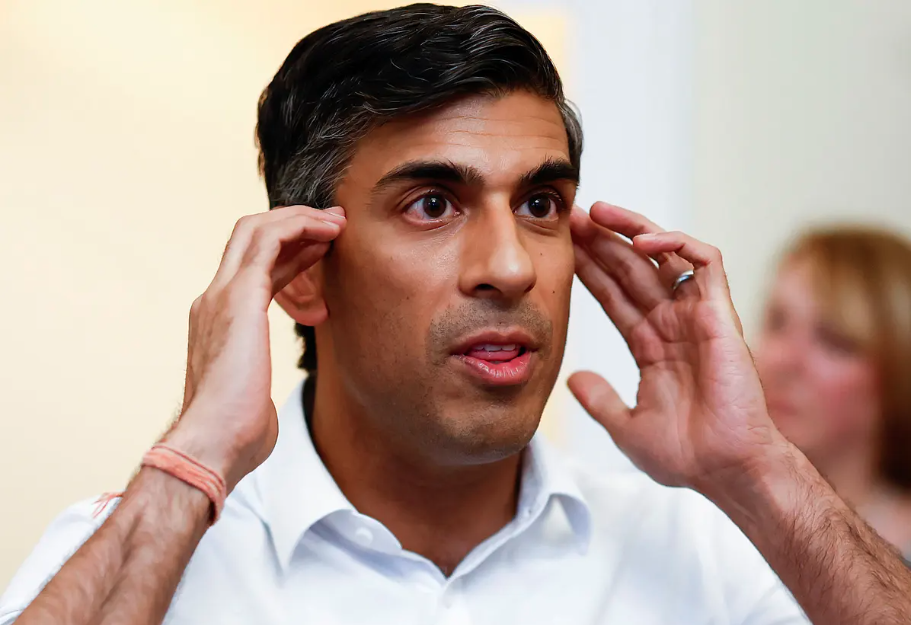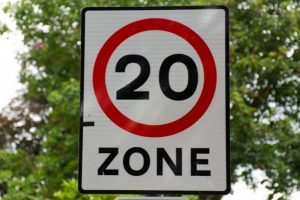PRIME MINISTER Rishi Sunak’s ambitious plans to boost the economy has hit a significant setback, official figures from the Office for National Statistics (ONS) have unveiled that Britain has slipped into recession at the close of last year. The data suggests a more severe-than-anticipated 0.3% decline in gross domestic product (GDP) between October and December, following a 0.1% contraction in the preceding three months. This marks the onset of a technical recession, defined by consecutive quarters of declining GDP, and the first time the UK has faced such economic turmoil since the initial half of 2020 during the initial Covid-19 lockdown.
Economists, however, are cautiously optimistic, asserting that this recession is likely to be short-lived, with a resurgence in GDP anticipated from the commencement of 2024.
Despite this optimistic outlook, the repercussions for Prime Minister Rishi Sunak are undeniable, as he has pledged economic growth as one of his key priorities. Shadow Chancellor Rachel Reeves has declared that Sunak’s economic commitments lie “in tatters,” emphasizing that the Prime Minister can no longer convincingly assert that his plan is effective or that the nation has overcome over 14 years of economic decline under the Conservatives. Reeves asserts, “This is Rishi Sunak’s recession, and the news will be deeply worrying for families and businesses across Britain.”
Chancellor Jeremy Hunt attributes the contraction to high inflation and recent interest rate hikes but remains optimistic about the economy turning a corner. Hunt defends the prioritization of tackling inflation, stating, “The underlying picture here is an economy that is more resilient than most people predicted.” He adds that with the continuation of their strategy, interest rates could potentially start falling by early summer, providing relief to families with mortgages.
The fourth-quarter contraction, the most substantial since the first three months of 2021 at the height of the pandemic, defied most economists’ expectations, who were anticipating a 0.1% decline in GDP between October and December. The ONS reveals that output fell by 0.1% in December, following a downward revision of 0.2% growth in November, while the contraction in October was more severe than initially estimated, at 0.5% against the initial estimate of 0.3% decline.
The overall economic growth for the year was meager, registering a mere 0.1%, a stark contrast to the robust 4.6% growth seen in 2022. Stripping out the pandemic-induced plunge in 2020, this growth represents the weakest expansion since the aftermath of the financial crisis in 2009. The ONS attributes the fourth-quarter contraction to a broad-based decline across the economy, with manufacturing, construction, and wholesale sectors being the primary drags on growth.
Liz McKeown, ONS director of economic statistics, highlights, “All the main sectors fell on the quarter, with manufacturing, construction, and wholesale being the biggest drags on growth.” Notably, retail and wholesale trade experienced the most substantial decline in output in December, with the health and education sectors also contracting.
Barret Kupelian, chief economist at PwC UK, anticipates that while the UK is technically in a recession, it is likely to be short-lived and not deeply entrenched. He notes, “We expect this episode to be one of the shallowest recessions of modern times, as it does not reflect a sharp and protracted downturn in response to a specific set of adverse economic circumstances. Business activity picked up significantly at the beginning of the year, which should translate to better real economic data.”
Despite the cautious optimism, the technical recession strengthens the case for an interest rate cut, with the Bank of England signaling that it is more a matter of when, rather than if, a reduction will occur.
















